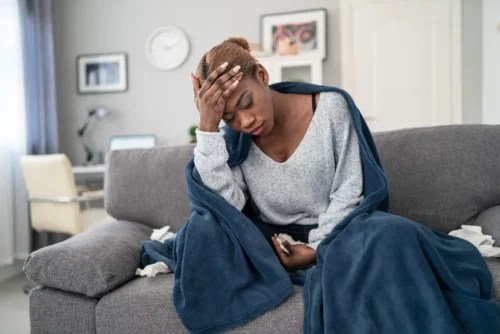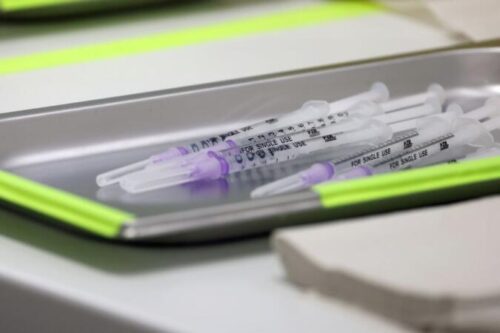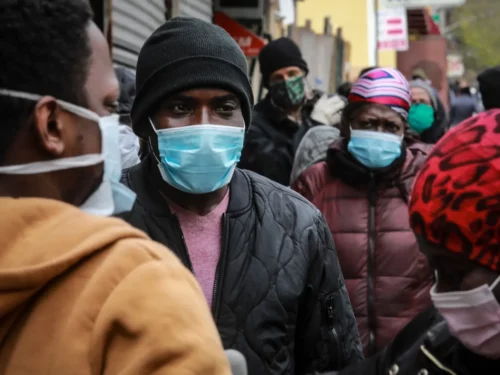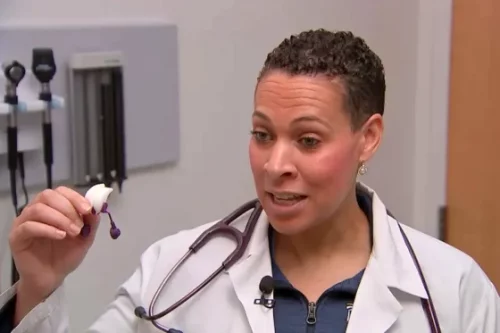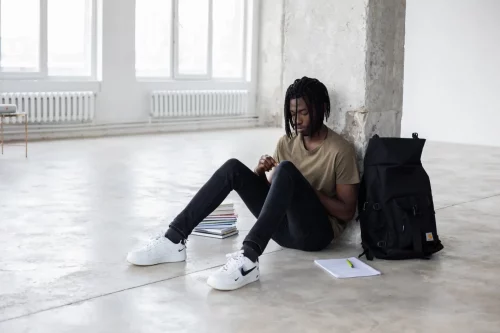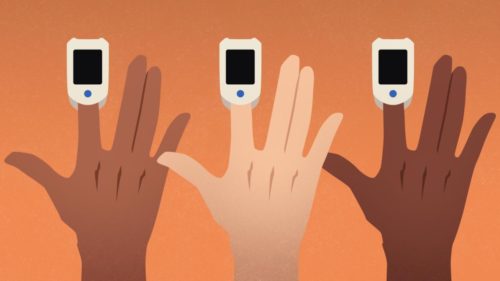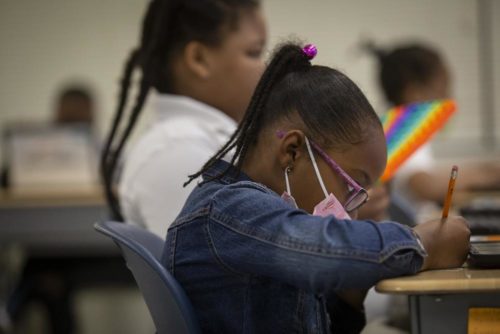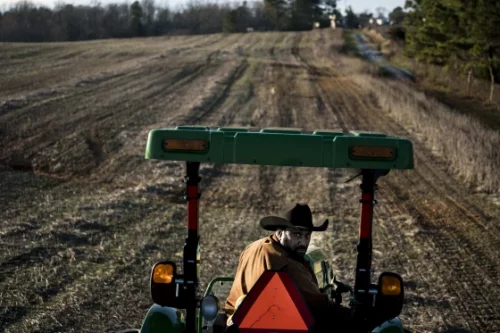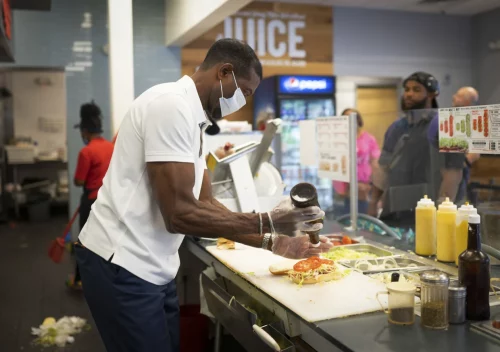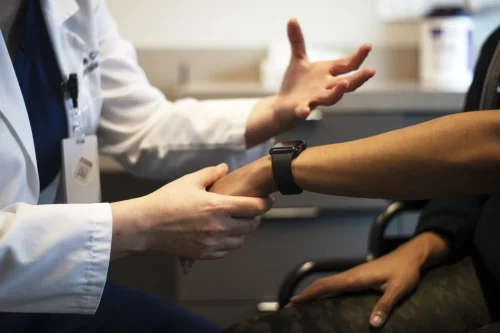COVID-19
Explore Our Online Exhibits
Breaking News
Worldwide Community Events
Week 2
- Sun 28
- Mon 29
- Tue 30
- Wed 1
- Thu 2
- Fri 3
- Sat 4
- Sun 5
- Mon 6
- Tue 7
- Wed 8
- Thu 9
- Fri 10
- Sat 11
- Sun 12
- Mon 13
- Tue 14
- Wed 15
- Thu 16
- Fri 17
- Sat 18
- Sun 19
- Mon 20
- Tue 21
- Wed 22
- Thu 23
- Fri 24
- Sat 25
- Sun 26
- Mon 27
- Tue 28
- Wed 29
- Thu 30
- Fri 31
- Sat 1
-
28April

New Orleans Jazz & Heritage Festival
Fair Ground Race Course, New Orleans28April














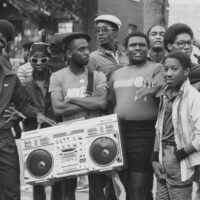
DYNAMIC RANGE: PHOTOGRAPHS BY BILL TENNESSEN
Haggerty Museum of Art28April

































 8:00 AM - 12:00 AM
8:00 AM - 12:00 AMDesere Mayo: History Through Art
Meadowridge Library28April







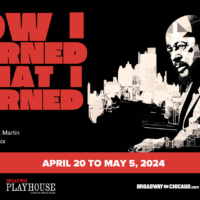 7:00 PM - 12:00 AM
7:00 PM - 12:00 AMHOW I LEARNED WHAT I LEARNED
Broadway Playhouse Chicago -
29April









New Orleans Jazz & Heritage Festival
Fair Ground Race Course, New Orleans29April















DYNAMIC RANGE: PHOTOGRAPHS BY BILL TENNESSEN
Haggerty Museum of Art29April

































 All Day
All DayDesere Mayo: History Through Art
Meadowridge Library29April







 All Day
All DayHOW I LEARNED WHAT I LEARNED
Broadway Playhouse Chicago -
30April









New Orleans Jazz & Heritage Festival
Fair Ground Race Course, New Orleans30April















DYNAMIC RANGE: PHOTOGRAPHS BY BILL TENNESSEN
Haggerty Museum of Art30April

































 All Day
All DayDesere Mayo: History Through Art
Meadowridge Library30April







 All Day
All DayHOW I LEARNED WHAT I LEARNED
Broadway Playhouse Chicago -
01May









New Orleans Jazz & Heritage Festival
Fair Ground Race Course, New Orleans01May















DYNAMIC RANGE: PHOTOGRAPHS BY BILL TENNESSEN
Haggerty Museum of Art01May

































 All Day
All DayDesere Mayo: History Through Art
Meadowridge Library01May
 6:00 PM
6:00 PMHistory of Black Milwaukee Presented by John Gurda
ABHM in Milwaukee, WI01May







 All Day
All DayHOW I LEARNED WHAT I LEARNED
Broadway Playhouse Chicago -
02May









New Orleans Jazz & Heritage Festival
Fair Ground Race Course, New Orleans02May















DYNAMIC RANGE: PHOTOGRAPHS BY BILL TENNESSEN
Haggerty Museum of Art02May

































 All Day
All DayDesere Mayo: History Through Art
Meadowridge Library02May







 All Day
All DayHOW I LEARNED WHAT I LEARNED
Broadway Playhouse Chicago -
03May









New Orleans Jazz & Heritage Festival
Fair Ground Race Course, New Orleans03May















DYNAMIC RANGE: PHOTOGRAPHS BY BILL TENNESSEN
Haggerty Museum of Art03May

































 All Day
All DayDesere Mayo: History Through Art
Meadowridge Library03May
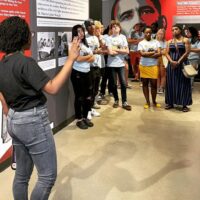
ABHM’s Jr Griot Program! Applications Due May 3rd
Virtual Event03May







 All Day
All DayHOW I LEARNED WHAT I LEARNED
Broadway Playhouse Chicago -
04May









New Orleans Jazz & Heritage Festival
Fair Ground Race Course, New Orleans04May















DYNAMIC RANGE: PHOTOGRAPHS BY BILL TENNESSEN
Haggerty Museum of Art04May

































 All Day
All DayDesere Mayo: History Through Art
Meadowridge Library04May
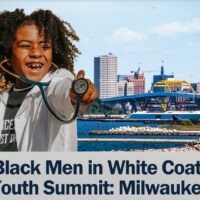 9:00 AM - 2:00 PM
9:00 AM - 2:00 PMBlack Men in White Coats Youth Summit: Milwaukee
Golda Meir Upper Campus04May
 2:00 PM - 3:30 PM
2:00 PM - 3:30 PMCelebrating Black Composers Concert with the SPCO
Minnesota History Center04May







 All Day
All DayHOW I LEARNED WHAT I LEARNED
Broadway Playhouse Chicago -
05May









New Orleans Jazz & Heritage Festival
Fair Ground Race Course, New Orleans05May















DYNAMIC RANGE: PHOTOGRAPHS BY BILL TENNESSEN
Haggerty Museum of Art05May

































 All Day
All DayDesere Mayo: History Through Art
Meadowridge Library05May







 12:00 AM - 11:55 PM
12:00 AM - 11:55 PMHOW I LEARNED WHAT I LEARNED
Broadway Playhouse Chicago -
06May
















DYNAMIC RANGE: PHOTOGRAPHS BY BILL TENNESSEN
Haggerty Museum of Art06May

































 All Day
All DayDesere Mayo: History Through Art
Meadowridge Library -
07May

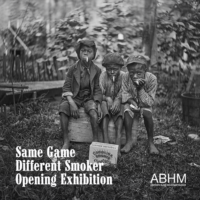 4:00 AM - 7:00 PM
4:00 AM - 7:00 PMSame Game Different Smoker Opening Exhibition
ABHM in Milwaukee, WI07May















DYNAMIC RANGE: PHOTOGRAPHS BY BILL TENNESSEN
Haggerty Museum of Art07May

































 All Day
All DayDesere Mayo: History Through Art
Meadowridge Library -
08May
















DYNAMIC RANGE: PHOTOGRAPHS BY BILL TENNESSEN
Haggerty Museum of Art08May

































 All Day
All DayDesere Mayo: History Through Art
Meadowridge Library -
09May
















DYNAMIC RANGE: PHOTOGRAPHS BY BILL TENNESSEN
Haggerty Museum of Art09May

































 All Day
All DayDesere Mayo: History Through Art
Meadowridge Library -
10May
















DYNAMIC RANGE: PHOTOGRAPHS BY BILL TENNESSEN
Haggerty Museum of Art10May

































 All Day
All DayDesere Mayo: History Through Art
Meadowridge Library -
11May
















DYNAMIC RANGE: PHOTOGRAPHS BY BILL TENNESSEN
Haggerty Museum of Art11May

































 All Day
All DayDesere Mayo: History Through Art
Meadowridge Library11May
 10:00 AM - 1:00 PM
10:00 AM - 1:00 PMBetty Brinn Children’s Museum Wonder Wagon
ABHM in Milwaukee, WI -
12May
















DYNAMIC RANGE: PHOTOGRAPHS BY BILL TENNESSEN
Haggerty Museum of Art12May

































 All Day
All DayDesere Mayo: History Through Art
Meadowridge Library -
13May


































 All Day
All DayDesere Mayo: History Through Art
Meadowridge Library -
14May


































 All Day
All DayDesere Mayo: History Through Art
Meadowridge Library -
15May


































 All Day
All DayDesere Mayo: History Through Art
Meadowridge Library -
16May


































 All Day
All DayDesere Mayo: History Through Art
Meadowridge Library -
17May


































 All Day
All DayDesere Mayo: History Through Art
Meadowridge Library -
18May


































 All Day
All DayDesere Mayo: History Through Art
Meadowridge Library -
19May


































 All Day
All DayDesere Mayo: History Through Art
Meadowridge Library -
20May


































 All Day
All DayDesere Mayo: History Through Art
Meadowridge Library20May
 9:00 AM - 2:00 PM
9:00 AM - 2:00 PMWisconsin Historical Society’s Metropolitan Affiliates Meeting
Wisconsin Black Historical Society in MKE -
21May


































 All Day
All DayDesere Mayo: History Through Art
Meadowridge Library -
22May


































 All Day
All DayDesere Mayo: History Through Art
Meadowridge Library -
23May


































 All Day
All DayDesere Mayo: History Through Art
Meadowridge Library23May
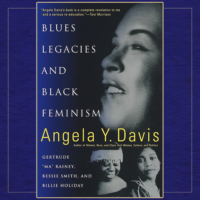 6:00 PM
6:00 PMABHM Book Club: Blues Legacies and Black Feminism by Angela Y Davis
Virtual Event -
24May


































 All Day
All DayDesere Mayo: History Through Art
Meadowridge Library -
25May


































 All Day
All DayDesere Mayo: History Through Art
Meadowridge Library25May

 8:00 AM - 12:00 AM
8:00 AM - 12:00 AMOHIO BLACK EXPO
Columbus, Ohio -
26May


































 All Day
All DayDesere Mayo: History Through Art
Meadowridge Library26May

 12:00 AM - 6:00 PM
12:00 AM - 6:00 PMOHIO BLACK EXPO
Columbus, Ohio -
27May


































 All Day
All DayDesere Mayo: History Through Art
Meadowridge Library -
28May


































 All Day
All DayDesere Mayo: History Through Art
Meadowridge Library -
29May


































 All Day
All DayDesere Mayo: History Through Art
Meadowridge Library -
30May


































 All Day
All DayDesere Mayo: History Through Art
Meadowridge Library -
31May


































 12:00 AM - 6:00 PM
12:00 AM - 6:00 PMDesere Mayo: History Through Art
Meadowridge Library -
01June

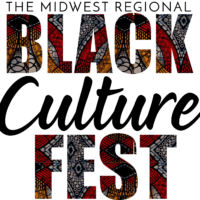 8:00 AM - 6:00 PM
8:00 AM - 6:00 PM2024 Midwest Regional Black Culture Fest
Washington Park
Share
A coronavirus known as SARS-CoV-2 caused the COVID-19 pandemic, which originated in China before spreading worldwide in 2020. This global pandemic was not equally destructive, however. The virus itself was more harmful to elderly people and those with pre-existing health conditions. However, economic and racial inequalities prevented some people from accessing necessary screening, treatment, or vaccines or following medical advice such as social distancing or quarantining. Medical racism also played a role during COVID-19, and some Black patients formed support groups after the medical system ignored them. The pandemic also highlighted how some medical equipment worked poorly for Black patients.
Nearly 7 million people died of COVID globally, with millions more surviving the disease that raged for multiple years. In the United States, Black people remained at risk while others decreased their concern, which was entirely warranted. African Americans experienced a higher death rate due to COVID-19 than other races, and many struggle with the effects of long COVID. Lingering illness and disability have removed some people from the workforce, while others struggle financially under the weight of caring for or losing others in their households. Funding intended for Black Americans to help mitigate these harms resulted in lawsuits. Similarly, money intended for COVID-19 support was rerouted to prisons, which had already contributed to the rapid-fire spread of COVID-19.
The pandemic prompted a shift to virtual learning, working, and communication. While some welcomed this shift, it further highlighted economic disparities for others. This also resulted in learning setbacks for students. Meanwhile, COVID-19 resurfaced distrust between the Black community and the medical establishment that stems, in part, from the Tuskegee experiment.
COVID-19 was also the backdrop of the Black Lives Matter movement, which grew after video of the May 2020 murder of George Floyd by a Minneapolis police officer surfaced online.
Dr. Margot Gage Witvliet, PhD, developed Long COVID in 2020, facing medical gaslighting and discovering shared experiences in dozens of women & BIPOC. Dr. Gage Witvliet learned that medical gaslighting is an insidious phenomenon which disproportionately impacts women and BIPOC. Medical professionals frequently tell female patients with Long COVID and other invisible illnesses that their symptoms are “all in their heads” while treating male counterparts with contrasting, scientifically sound approaches.
Read MoreThree Black students who helped develop the first COVID-19 vaccine reunite for the first time since their collaboration at the Morehouse School of Medicine in Atlanta.
Read MoreResearch shows that sleep apnea, common in the Black community, is making people more susceptible to long COVID.
Read MoreBlack entrepreneurs ma have great ideas, but the need capital, something which hasn’t been easy to find, to get them off the ground.
Read MoreCOVID-19 is still wreaking emotional havoc on Black students, who already struggle with the implication of race in school.
Read MoreThe FDA is finally considering what to do about pulse oximeters, which do not work as well for people with darker skin.
Read MoreCOVID has only further increased racial inequalities in education according to a new report from the Associated Press.
Read MoreBlack farmers are taking a stand against the government, which rescinded funding for Black farmers hard hit by COVID.
Read MoreBlack business owners are feeling the crunch caused by the impending recession, and it has many of them worried about their futures.
Read MorePatients like Chimére Smith pleaded with doctors to take their COVID-19 symptoms seriously. When ignored, they went online for support.
Read More












